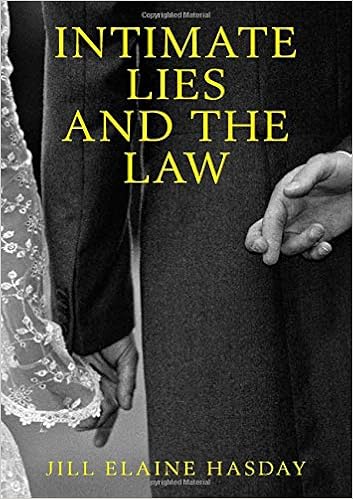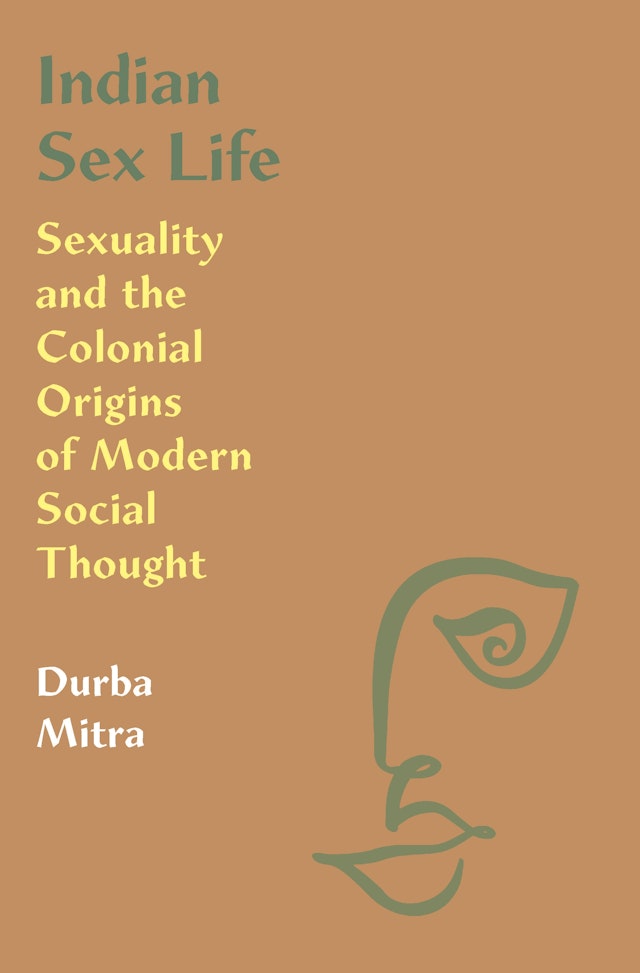
[We have the following announcement. DRE]
Sovereignty, Law, and Emancipation in the South Atlantic, 1850-1900. Emory University, February 7, 2020. Organizers: Adriana Chira and Yanna Yannakakis
12:00-1:00 pm Lunch and Welcome
1:00 pm-3:30 pm Fragile Freedoms: Law and Dispossession in the Nineteenth-Century Atlantic WorldMariana Candido, Associate Professor of History, Notre Dame University. “Legal Changes, Dispossession and Land Commodification in Angola during the 19th Century”
Jon Connolly, Postdoctoral Fellow, Princeton University. “Indenture as Free Labor: British Ideologies of Freedom in the Shadow of Cuban Slavery”
Mariana Dias Paes, Researcher, Max Planck Institute for European Legal History. “Lawyers, Courts and Resistance: Fighting Land Dispossession in Colonial Angola”
Anjuli Webster, Graduate Student, Emory University. “The Dingane-Retief Encounter and the Afterlives of British Abolition in Southern Africa”
Commentators: Kristin Mann (Emory University) and Walter Rucker (Emory University)
3:30 pm-4 pm: Coffee Break
4:00 pm- 6:30 pm Reconfiguring Sovereignty: Subjecthood and Citizenship in the Age of EmancipationAdriana Chira, Assistant Professor of History, Emory University. “From Plantations to Penal Colonies: Militarism in Cuba and Equatorial Guinea, 1840s-1890s”
Anne Eller, Associate Professor of History, Yale University. “What Does Independence Mean? Popular Parameters for Caribbean Sovereignty in the 1890s”
Natasha Lightfoot, Associate Professor of History, Columbia University. “Plassy Lawrence's British Subjecthood and Her Struggle against Reenslavement in the Spanish Caribbean”
Dalia Muller, Associate Professor of History, SUNY-Buffalo. “‘Free Men and Foreigners’: Representation, Afro-Diasporic Thought and Cuban Politics ca. 1900”
Commentators: David Sartorius (University of Maryland) and Brian Vick (Emory University)
Support has been provided by: The American Society for Legal History; The Hightower Fund; Latin American and Caribbean Studies; The Department of Women’s, Gender, and Sexuality Studies; The Department of Spanish and Portuguese, The James Weldon Johnson Institute, Institute of African Studies, and the Fox Center for Humanistic Inquiry, and the History Department.















